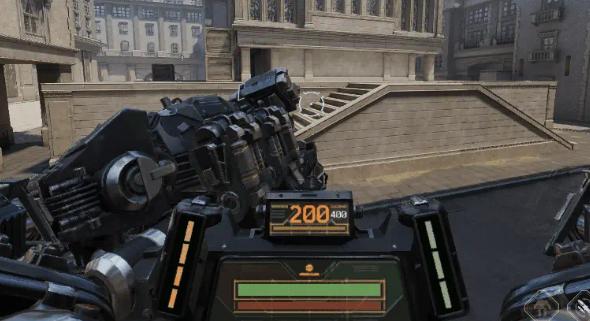常见内存测试题
时间:2010-04-30 来源:asteriskchina
常见的内存测试题:
试题1: void GetMemory( char *p ) {
p = (char *) malloc( 100 ); } void Test( void ) { char *str = NULL; GetMemory( str ); strcpy( str, "hello world" ); printf( str );
}
典型的值传递,而非地址传递,只能改变形参值,不能改变其实参值。
如果要解决该问题,怎么做,下面的实例:
void GetMemory( char **p ) {
*p = (char *) malloc( 100 ); } void Test( void ) { char *str = NULL; GetMemory(&str); strcpy(str, "hello world" ); printf(str);
}
解决方法采用:指向指针的指针变量,传进去的str的地址,这样就可以了。
试题2: char *GetMemory( void ) { char p[] = "hello world"; return p; } void Test( void ) { char *str = NULL; str = GetMemory(); printf( str ); }
典型的例子,数组作为地址返回时,是指向“栈内存”的指针,内容已经被清除掉,是个野指针。
试题3:
void GetMemory( char **p, int num) {
*p = (char *)malloc(num); }
void Test( void ) { char *str = NULL; GetMemory(&str, 100); strcpy(str, "hello"); printf(str); }
错误: 1、未对申请到的内存进行判断,有可能申请未成功。 2、未释放内存
试题4:
void Test(void) { char *str = (char *) malloc(100); strcpy(str, “hello”); free(str);
if(str != NULL) { strcpy(str, “world”); printf(str); } } 错误: 1、free str 后,str成为野指针,需要置空。 str = NULL;
试题5.判断是否为空的问题 BOOL型变量:if(!var)
int型变量: if(var==0)
float型变量:
const float EPSINON = 0.00001;
if ((x >= - EPSINON) && (x <= EPSINON)
指针变量: if(var==NULL)
试题6. 计算内存容量
char a[] = "hello world"; char *p = a; cout<< sizeof(a) << endl; // 12 字节 cout<< sizeof(p) << endl; // 4 字节 注意:数组作为函数的参数 void Func(char a[100]) { cout<< sizeof(a) << endl; // 4 字节而不是100 字节 }
试题1: void GetMemory( char *p ) {
p = (char *) malloc( 100 ); } void Test( void ) { char *str = NULL; GetMemory( str ); strcpy( str, "hello world" ); printf( str );
}
典型的值传递,而非地址传递,只能改变形参值,不能改变其实参值。
如果要解决该问题,怎么做,下面的实例:
void GetMemory( char **p ) {
*p = (char *) malloc( 100 ); } void Test( void ) { char *str = NULL; GetMemory(&str); strcpy(str, "hello world" ); printf(str);
}
解决方法采用:指向指针的指针变量,传进去的str的地址,这样就可以了。
试题2: char *GetMemory( void ) { char p[] = "hello world"; return p; } void Test( void ) { char *str = NULL; str = GetMemory(); printf( str ); }
典型的例子,数组作为地址返回时,是指向“栈内存”的指针,内容已经被清除掉,是个野指针。
试题3:
void GetMemory( char **p, int num) {
*p = (char *)malloc(num); }
void Test( void ) { char *str = NULL; GetMemory(&str, 100); strcpy(str, "hello"); printf(str); }
错误: 1、未对申请到的内存进行判断,有可能申请未成功。 2、未释放内存
试题4:
void Test(void) { char *str = (char *) malloc(100); strcpy(str, “hello”); free(str);
if(str != NULL) { strcpy(str, “world”); printf(str); } } 错误: 1、free str 后,str成为野指针,需要置空。 str = NULL;
试题5.判断是否为空的问题 BOOL型变量:if(!var)
int型变量: if(var==0)
float型变量:
const float EPSINON = 0.00001;
if ((x >= - EPSINON) && (x <= EPSINON)
指针变量: if(var==NULL)
试题6. 计算内存容量
char a[] = "hello world"; char *p = a; cout<< sizeof(a) << endl; // 12 字节 cout<< sizeof(p) << endl; // 4 字节 注意:数组作为函数的参数 void Func(char a[100]) { cout<< sizeof(a) << endl; // 4 字节而不是100 字节 }
相关阅读 更多 +










